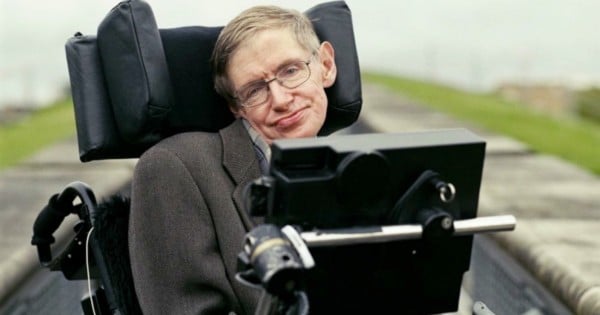
Almost two years on from the world’s obsession with the ice bucket challenge began, it seems Amyotrophic Lateral Sclerosis (ALS) — also known as Motor Neurone Disease — researchers have had a major breakthrough in unlocking a cure for the neurological disorder.
From Oprah to Anna Wintour, Selena Gomez and Tom Cruise, the celebrity world went wild in its commitment to seeing people pour buckets of freezing water over themselves all in the name of charity.
While the measurable success of the challenge’s awareness raising ability was initially questioned, it seems one recently published breakthough might not have been made without the increase in research funding.
Watch: Anna Wintour takes the ice bucket challenge. (Post continues after video.)
Project MinE, which received a cut of the $USD100 million raised for ALS, announced earlier this week they have identified a new gene association with the disease.
This discovery, they say, is one that could potentially lead to new treatments.
“It’s very exciting because it shows everyone who contributed to the ice bucket challenge that their donation had an impact on the research,” Brian Frederick, executive vice-president of communications and development at the ALS Association said of the discovery.



Top Comments